Feeding System Size
Feeding System Market Growth Projections and Opportunities
The Feeding System Market is influenced by a myriad of market factors that collectively shape its dynamics and growth trajectory. One of the primary factors contributing to the market's evolution is the increasing global population and the subsequent rise in demand for food. As the world population continues to grow, there is a parallel escalation in the need for efficient and technologically advanced feeding systems to cater to the livestock and poultry industries. This surge in demand has prompted market players to innovate and develop solutions that enhance the overall productivity of the agricultural sector.
Moreover, the growing awareness about the importance of animal nutrition and the impact it has on the quality of meat, milk, and other animal products has been a pivotal factor in propelling the Feeding System Market forward. Consumers are becoming more conscious about the source and quality of the food they consume, which, in turn, exerts pressure on farmers and livestock producers to adopt advanced feeding systems that ensure the well-being and optimal growth of their animals. This heightened focus on animal welfare and nutrition is reshaping the dynamics of the market, with a noticeable shift towards precision feeding and customized nutritional plans for different livestock.
Another significant market factor is the continuous advancements in technology. The Feeding System Market has witnessed a surge in technological innovations, including automated feeding systems, smart sensors, and data analytics. These innovations not only streamline the feeding processes but also contribute to better resource utilization and cost efficiency. Precision feeding, enabled by advanced technologies, allows farmers to tailor the nutritional content of animal feed, minimizing waste and optimizing resource utilization. This integration of technology not only enhances productivity but also aligns with the broader trends of sustainability and environmental responsibility in agriculture.
The economic landscape also plays a crucial role in shaping the Feeding System Market. Fluctuations in commodity prices, availability of feed ingredients, and overall economic conditions impact the purchasing power of farmers and livestock producers. Market players need to navigate these economic factors strategically, offering solutions that balance cost-effectiveness with performance. Additionally, government policies and regulations related to agriculture and animal husbandry influence the market dynamics. Subsidies, incentives, and regulatory frameworks can either foster or impede the adoption of advanced feeding systems, making it imperative for industry participants to stay abreast of evolving policies.
Environmental concerns are increasingly influencing the Feeding System Market as well. Sustainable farming practices and the reduction of environmental impact are gaining prominence. Feeding systems that promote efficient resource utilization, minimize waste, and reduce the carbon footprint are becoming more sought after. Market players are responding by developing eco-friendly and sustainable solutions, aligning their offerings with the growing emphasis on environmental stewardship.
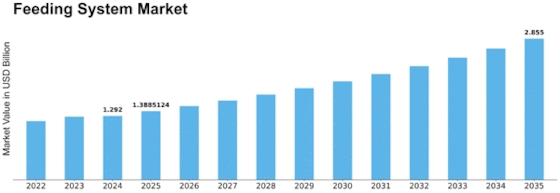

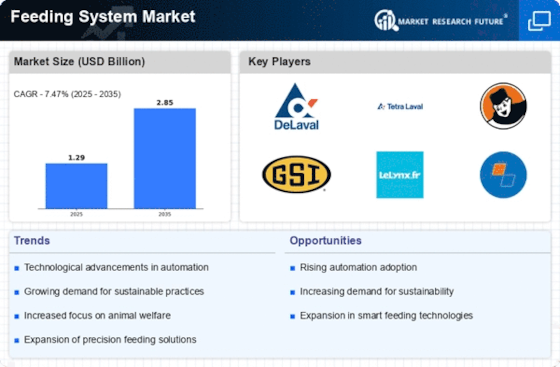
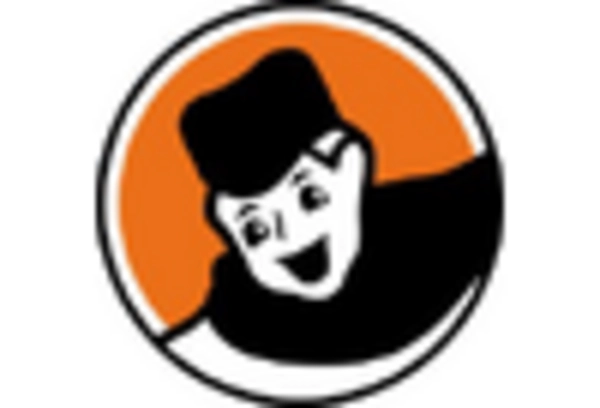

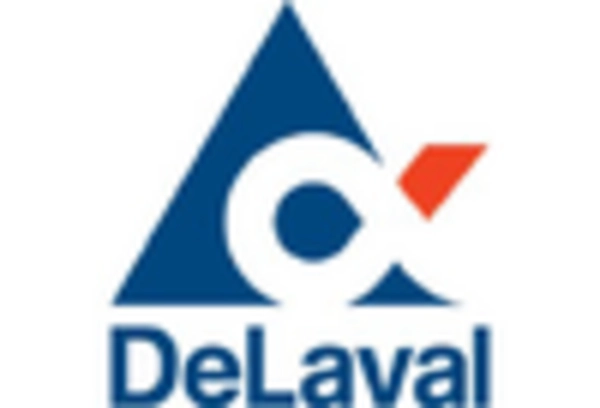
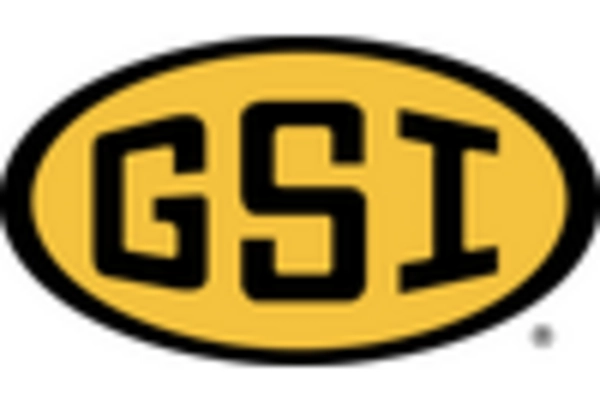
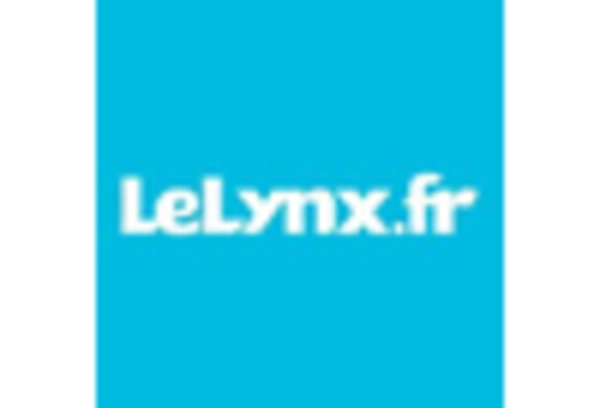
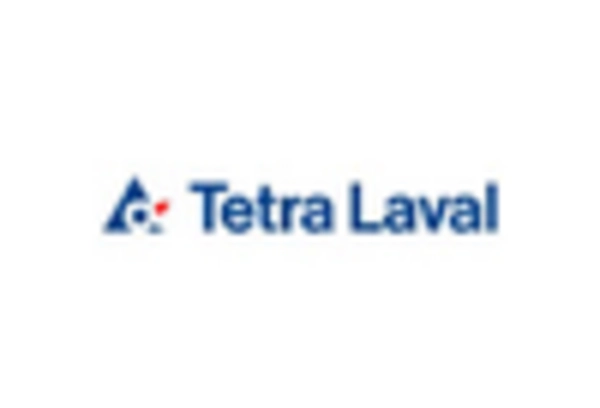









Leave a Comment